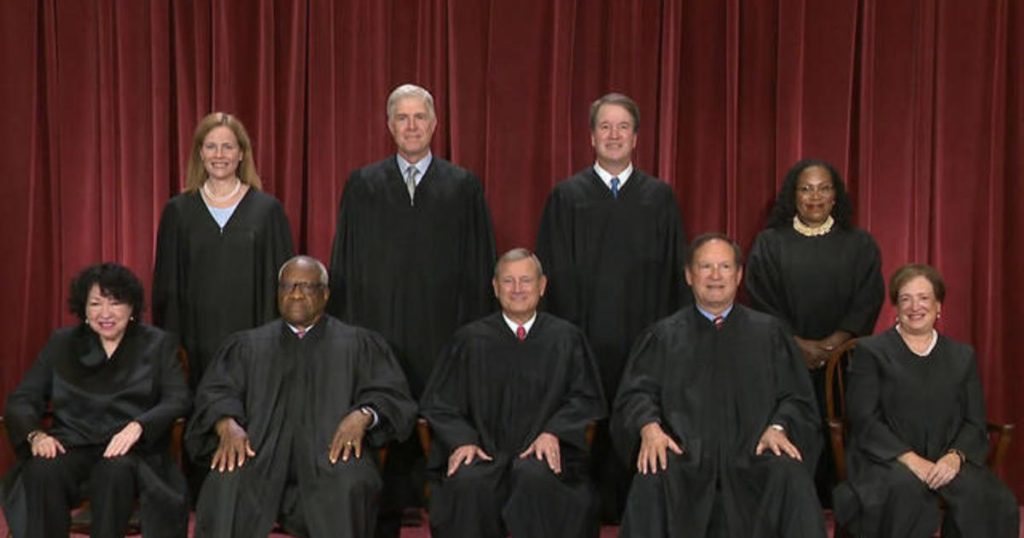The Supreme Court is currently considering Donald Trump’s immunity case, which will determine if he can be prosecuted for his actions as president and set a precedent for future presidents. Both liberal and conservative justices appear likely to reject the claim of absolute immunity. The case revolves around the president’s attempt to block the release of his financial records to Congress and a New York prosecutor. This issue has raised questions about the limits of presidential power and accountability.
One argument presented is that a sitting president should be immune from criminal investigation and prosecution while in office to prevent distraction and interference with their duties. However, opponents of this view argue that no one, including the president, is above the law and that allowing immunity would undermine the principles of accountability and transparency in government. The court’s decision will have significant implications for the balance of power between the executive and legislative branches, as well as the ability of prosecutors to hold the president accountable for any potential wrongdoing.
The Supreme Court’s ruling on this case will be closely watched by both political parties and legal experts as it will clarify the extent of a president’s immunity from legal actions while in office. It will also determine the legal standards that should apply to future presidents and shape the boundaries of executive power. The case has sparked a debate about the limits of presidential power and the importance of upholding the rule of law in a democracy. The court’s decision will have long-lasting implications for how presidents are held accountable for their actions while in office.
The issue of presidential immunity has divided legal scholars and politicians, with some arguing that a president should be shielded from legal actions to protect the office’s integrity and ensure proper governance, while others believe that accountability and transparency are essential to a functioning democracy. The court’s decision will have far-reaching consequences for the political and legal landscape in the United States, defining the limits of presidential immunity and setting a precedent for future presidential administrations. It will also determine the level of legal scrutiny and oversight that the president can expect while in office, shaping the balance of power between the branches of government.
Overall, the Supreme Court’s decision in Donald Trump’s immunity case will have profound implications for the legal and political system in the United States. It will establish important precedents for presidential accountability and immunity, clarifying the limits of executive power and upholding the rule of law. The case has raised fundamental questions about the relationship between the president and the law, highlighting the need for transparency and accountability in government. The court’s ruling will shape the future of presidential immunity and set the standards for legal actions against sitting presidents, ensuring that they are held accountable for their actions while in office.


